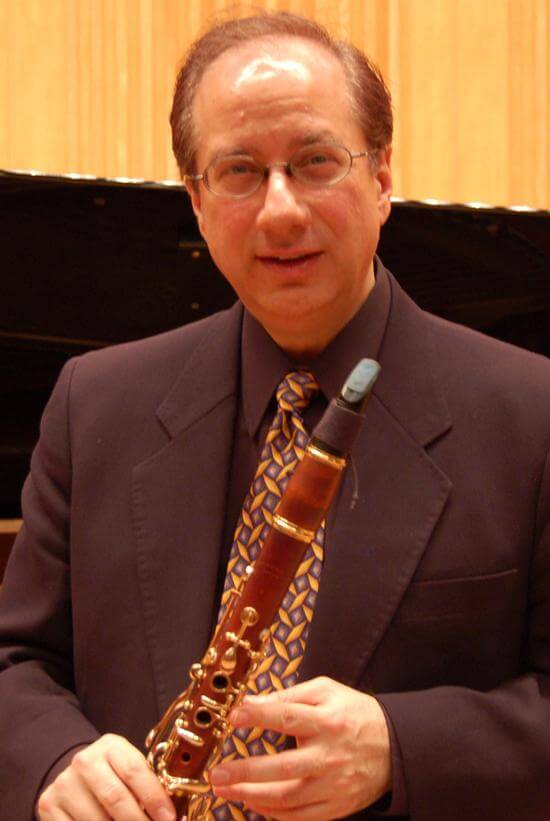By Anna Gustafson
The sounds of pieces from often overlooked black composers and Queens artists will be wafting from venues throughout the borough this winter as Maspeth−based Musica Reginae Productions launches its ninth season.
The group’s four−concert season, which begins Jan. 11 at Queens College, will highlight music from clarinetist Samuel Coleridge−Taylor, often referred to as the “African Mahler,” to Billie Holiday and Fats Waller, both of whom once lived in Queens.
“We didn’t want to do only Beethoven and Brahms and Mozart when people don’t know about black composers as much as they should,” said Barbara Podgurski, executive director of Musica Reginae Productions. “We’ve incorporated black composers, like Samuel Coleridge−Taylor, at every concert. In March we’re doing a concert with music from all black jazz musicians who lived or grew up in Queens.”
The first concert of the season will be held Jan. 11 at 4 p.m. in Queens College’s Kupferberg Center for the Arts. Musicians, including guest artist Charles Neidich, will perform Johannes Brahms’ Clarinet Quintet.
“Charles Neidich will perform with a specially commissioned reproduction of the Ottensteiner Clarinet, which is the instrument used when Brahms was living,” said Podgurski, who teaches music at Hunter College. “It’s very unusual to have that reproduction; it’s very exciting.”
The Jan. 11 program will also include the Clarinet Quintet from Coleridge−Taylor.
The program “From Astoria to Addisleigh Park,” which features musicians who once lived in Queens, will be held March 22 at 5 p.m. in Forest Hills’ Church−in−the−Gardens.
Another artist featured during Musica Reginae’s season is Joseph de Bologne, who was born a slave and became a prominent member of French society known for his classical music.
Podgurski said she hopes this season will draw in not only older classical−music buffs, but people of all ages. Essentially, she said, the group hopes to prove to the young and old alike that composers like Coleridge−Taylor or the more modern George Walker, who won a Pulitzer Prize in 1996, are “cool.”
“There’s really innovative programming this season, and a lot of work goes into making these programs really well−rounded and interesting,” Podgurski said. “We have a host at each of the concerts, and they talk to you about the pieces you’re about to hear, which I think is helpful. We have a following of people that always come, and we’d definitely like to make that bigger.”
For nearly a decade, Musica Reginae employees have tried to garner a larger younger audience for classical music, and Podgurski said they frequently go into the public schools to teach students about the merits of listening to the music of composers such as Brahms or Mozart.
“We go into schools that don’t already have a music program and tell stories through music,” Podgurski said. “We try to do programs whenever we can, and we don’t charge for them. We’re trying to get kids more involved in music.”
For more information visit www.musicareginae.org.





































